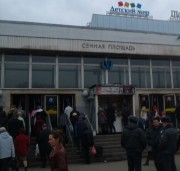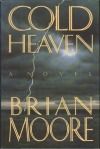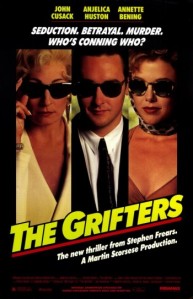Poverty bites in the French capital when you have hardly a sou to your name …
Down and Out in Paris and London by George Orwell
Sometimes, to keep up apearances, you have to spend sixty centimes on a drink, and go correspondingly short on food. Your linen gets filthy and you run out of soap and razor blades. Your hair wants cutting and you try to cut it yourself, with such fearful results that you have to go to the barber after all and spend the equivalent of a day’s food. All day your are telling lies, and expensive lies.
You discover the extreme precariousness of your six francs a day. Mean disasters happen and rob you of food. You have spent your last eighty centimes on half a litre of milk and are boiling it over the spirit lamp. While it boils a bug runs down your forearm; you give the bug a flick with your nail and it falls plop! straight into the milk. There is nothing for it but to throw the milk away and go foodless.
You go to the baker’s to buy a pound of bread and you wait while the girl cuts a pound for another customer. She is clumsy and cuts more than a pound. ‘Pardon monsieur,’ she says. ‘I suppose you don’t mind paying two sous extra?’ Bread is a franc a pound, and you have exactly a franc. When you think that you too might be asked to pay two sous extra, and would have to confess that you could not, you bolt in panic. It is hours before you dare venture into a baker’s shop again.
You go the greengrocers to spend a franc on a kilogram of potatoes. But one of the pieces that make up the franc is a Belgian piece, and the shopman refuses it. You slink out of the shop and can never go there again.
You have strayed into a respectable quarter and you see a prosperous friend coming. To avoid him you dodge into the nearest cafe. Once in the cafe you must buy something so you spend your last fifty centimes on a glass of black coffee with a dead fly in it. One could multiply these disasters by the hundred. They are part of the process of being hard up.



